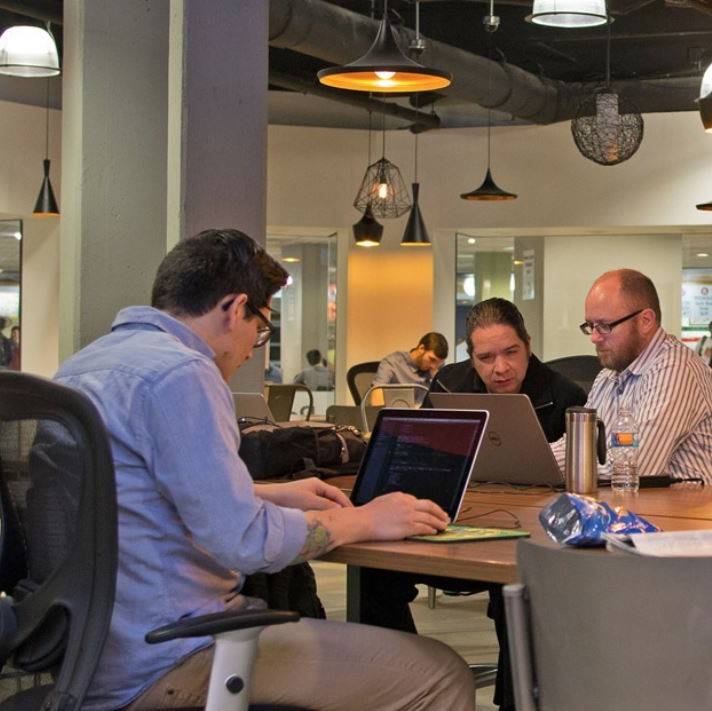To provide the best experiences, we use technologies like cookies to store and/or access device information. Consenting to these technologies will allow us to process data such as browsing behaviour or unique IDs on this site. Not consenting or withdrawing consent, may adversely affect certain features and functions.
The technical storage or access is strictly necessary for the legitimate purpose of enabling the use of a specific service explicitly requested by the subscriber or user, or for the sole purpose of carrying out the transmission of a communication over an electronic communications network.
The technical storage or access is necessary for the legitimate purpose of storing preferences that are not requested by the subscriber or user.
The technical storage or access that is used exclusively for statistical purposes.
The technical storage or access that is used exclusively for anonymous statistical purposes. Without a subpoena, voluntary compliance on the part of your Internet Service Provider, or additional records from a third party, information stored or retrieved for this purpose alone cannot usually be used to identify you.
The technical storage or access is required to create user profiles to send advertising, or to track the user on a website or across several websites for similar marketing purposes.
 Nuffield Health has released a review of remote working and its impact it on companies and their staff. According to The effects of remote working on stress, wellbeing and productivity (registration), while remote and flexible work help people deal with the conflicting demands of their lives, the evidence is unclear on how they affect productivity, stress and wellbeing. (more…)
Nuffield Health has released a review of remote working and its impact it on companies and their staff. According to The effects of remote working on stress, wellbeing and productivity (registration), while remote and flexible work help people deal with the conflicting demands of their lives, the evidence is unclear on how they affect productivity, stress and wellbeing. (more…)































October 16, 2019
Remote working can increase stress and reduce wellbeing
by Stephanie Russell • Comment, Flexible working, Wellbeing